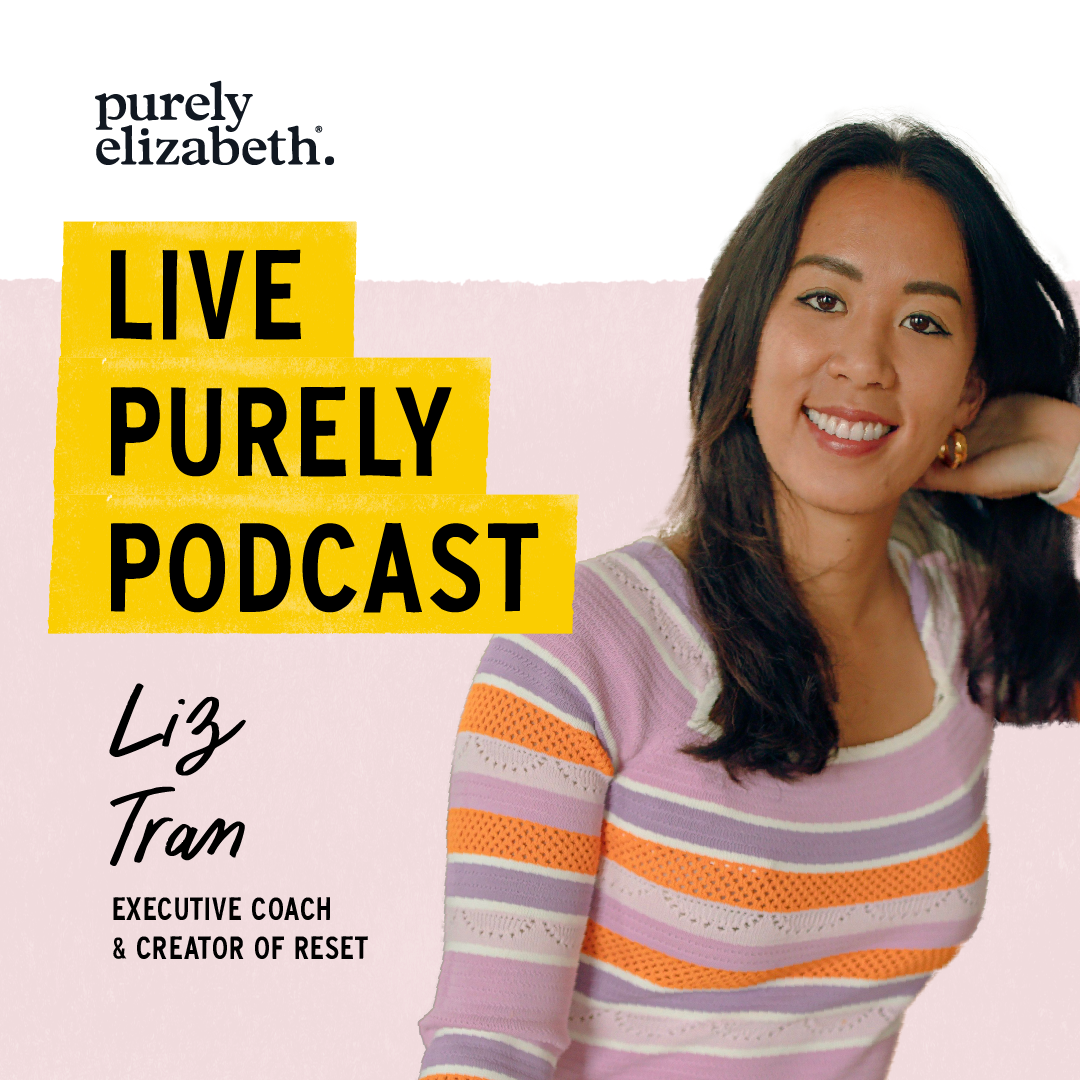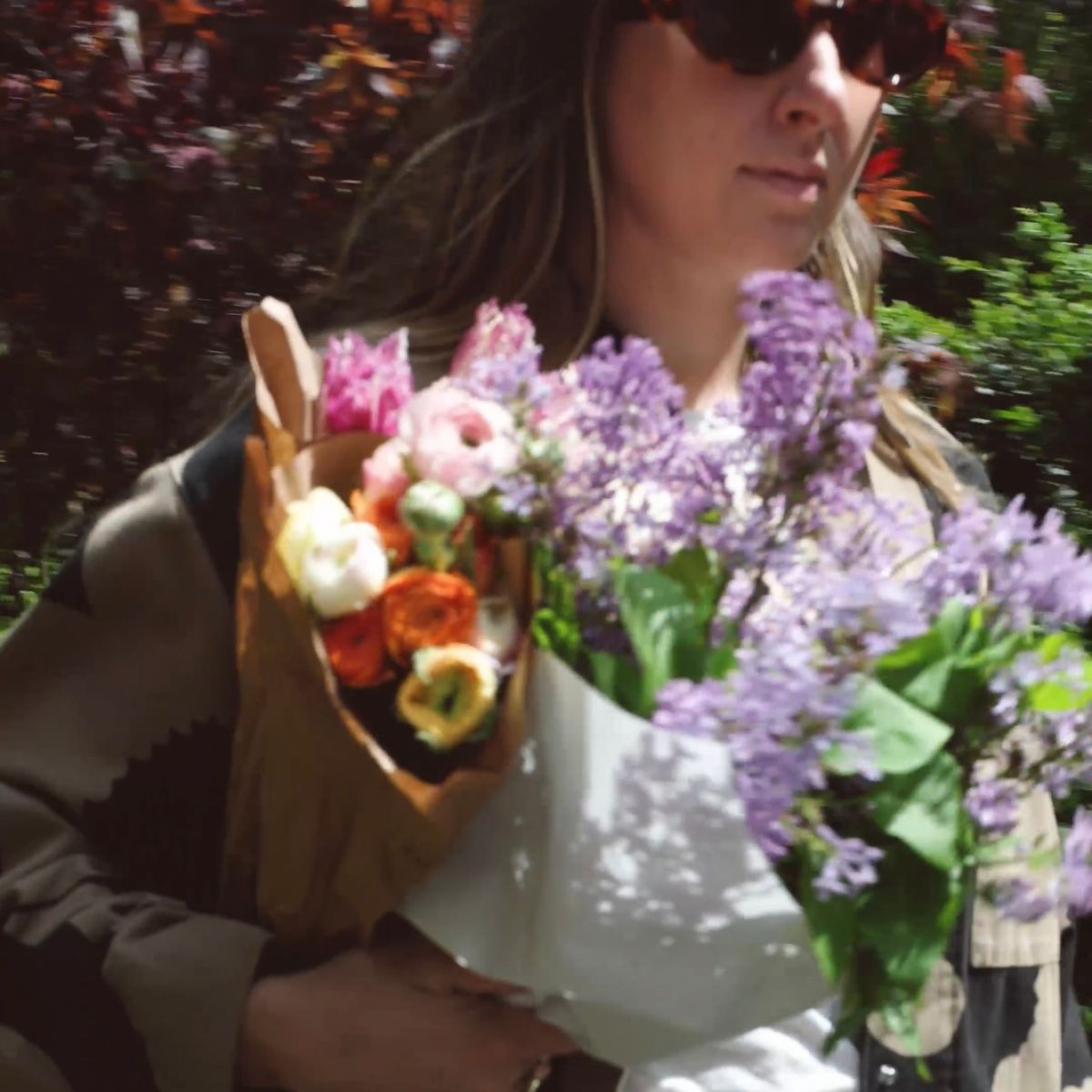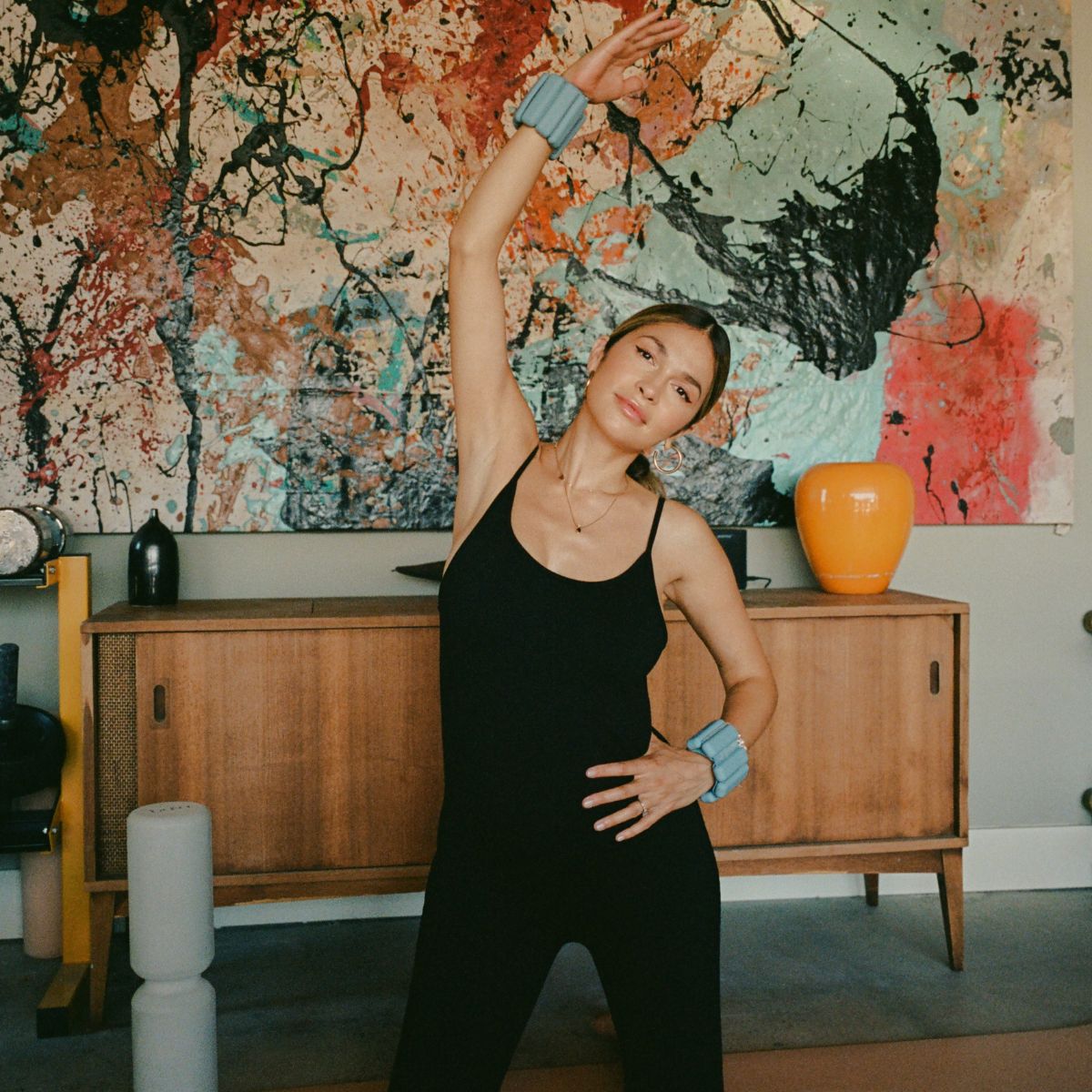This week, Elizabeth welcomes Liz Tran, an Executive Coach renowned for her work with CEOs and founders in the tech world, whose clients have collectively raised over $400 million in funding and achieved a remarkable $4 billion in enterprise value. Liz wears multiple hats as an author, with her book 'The Karma of Success,' and as the host of 'Reset with Liz' podcast. Beyond her extensive experience in venture capital and tech, Liz brings a unique spiritual dimension to her coaching. Liz talks with Elizabeth about her own personal journey to spirituality and how it shapes her role as an executive coach. She also unveils the techniques she uses to empower her clients to manifest and lead their best lives including getting still, visualization, and the regular practice of gratitude lists to reprogram the mind for attracting positive outcomes. At the end of the episode, Liz shares a few of her own favorite wellness habits that keep her energized, grounded and ready for the next adventure.
Podcast
Bringing Spirituality To Business and The Karma of Success
with Liz Tran

You may also like
Mix & Match










